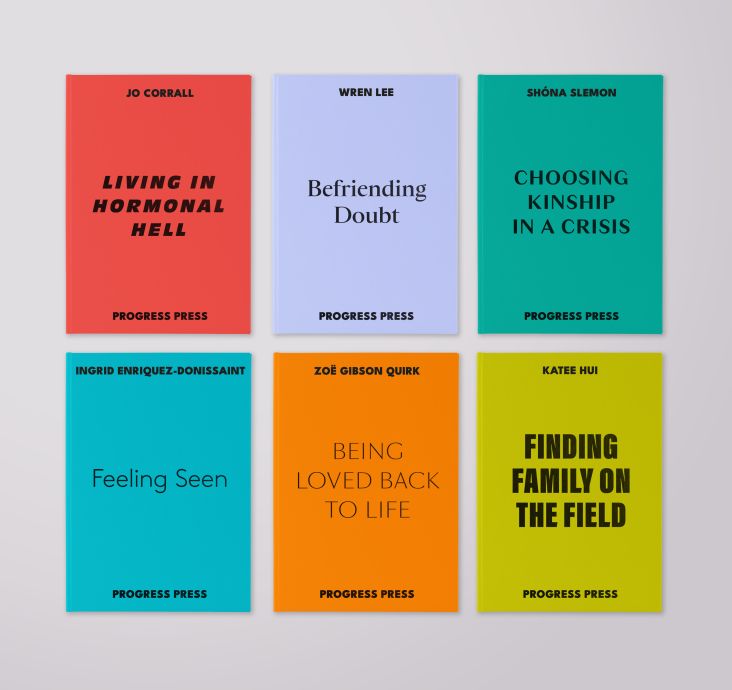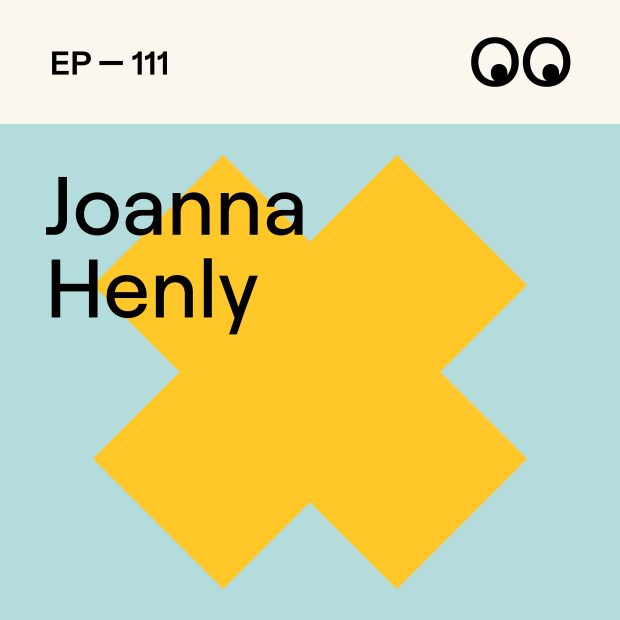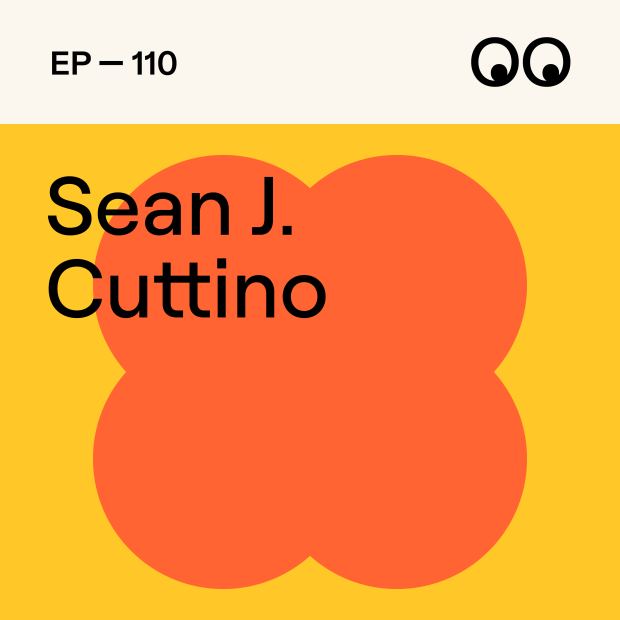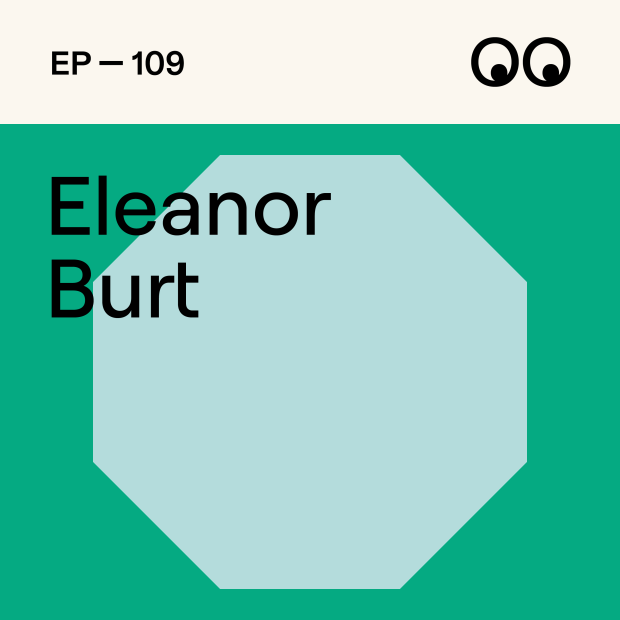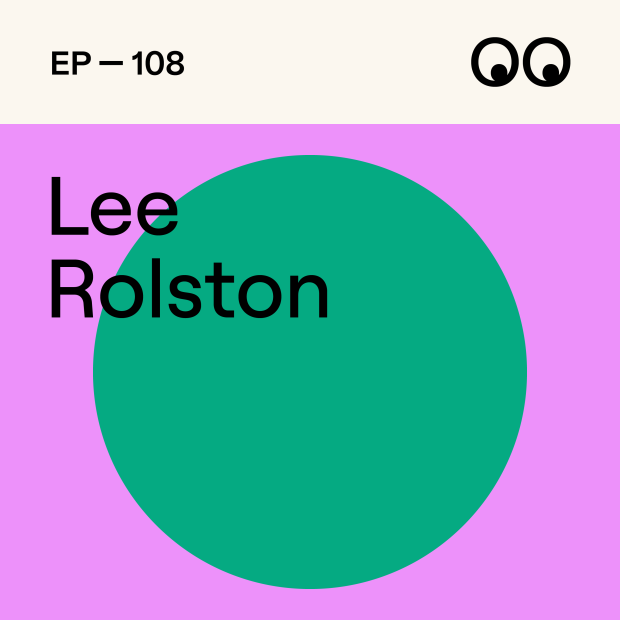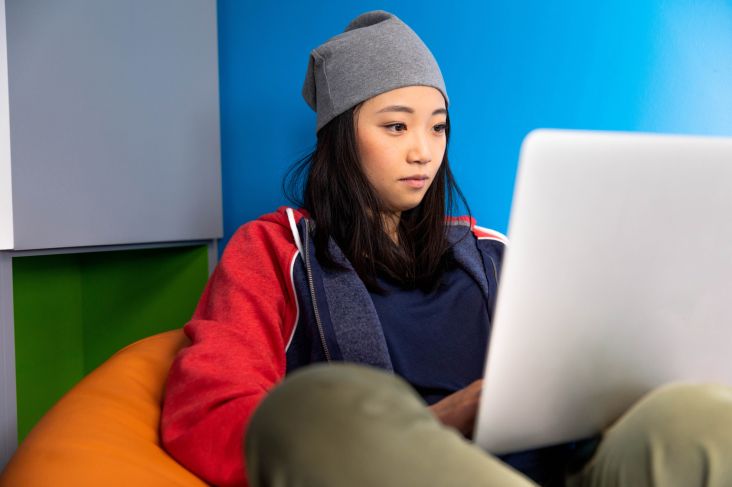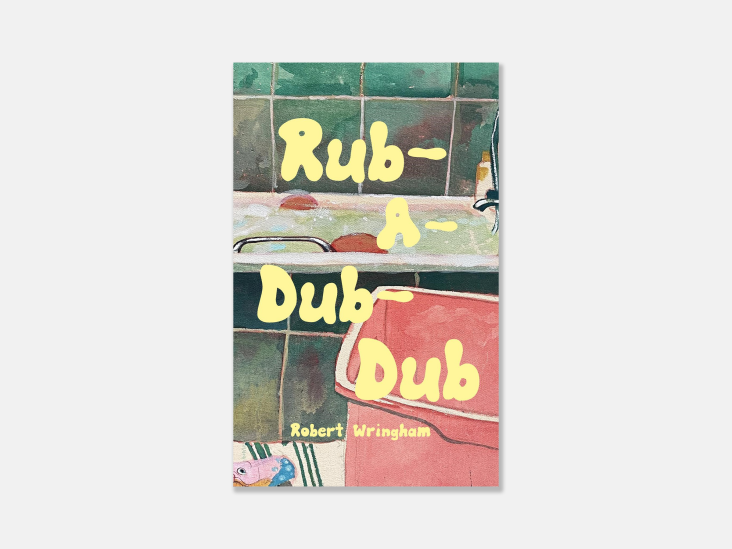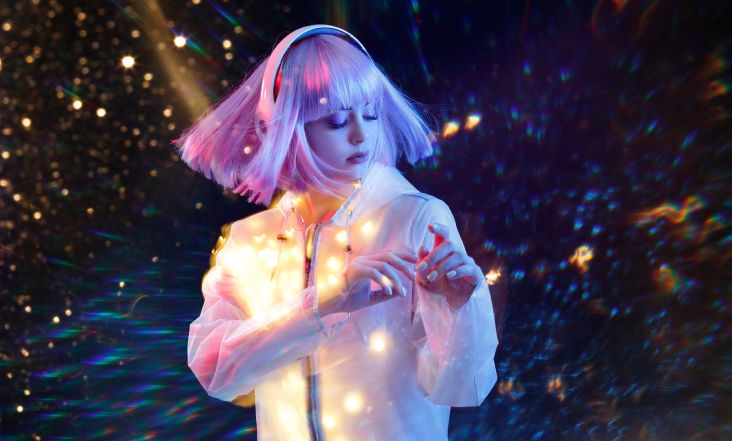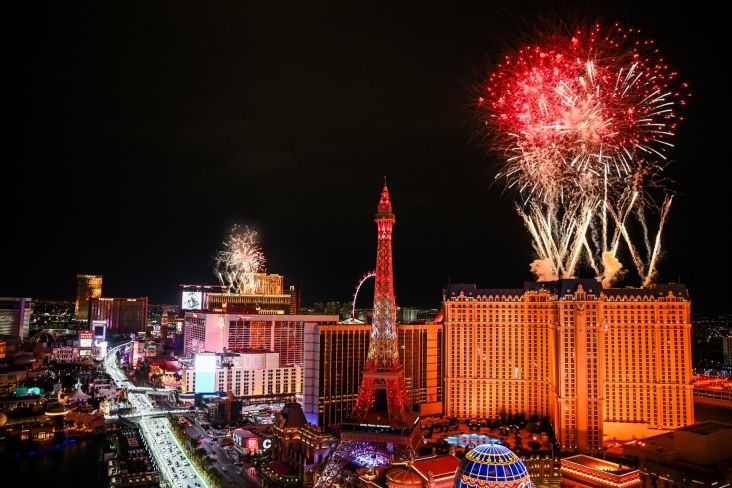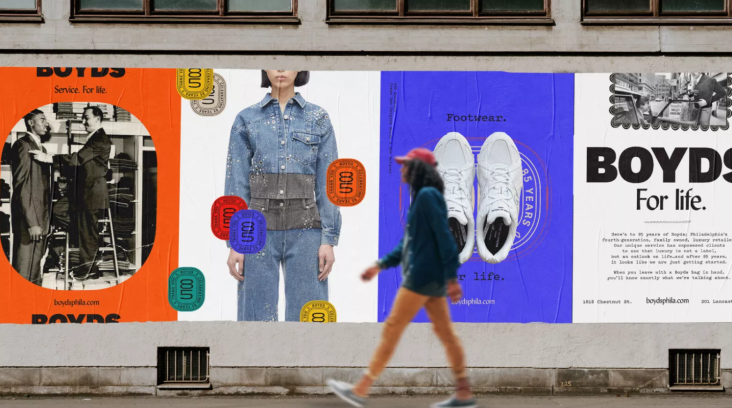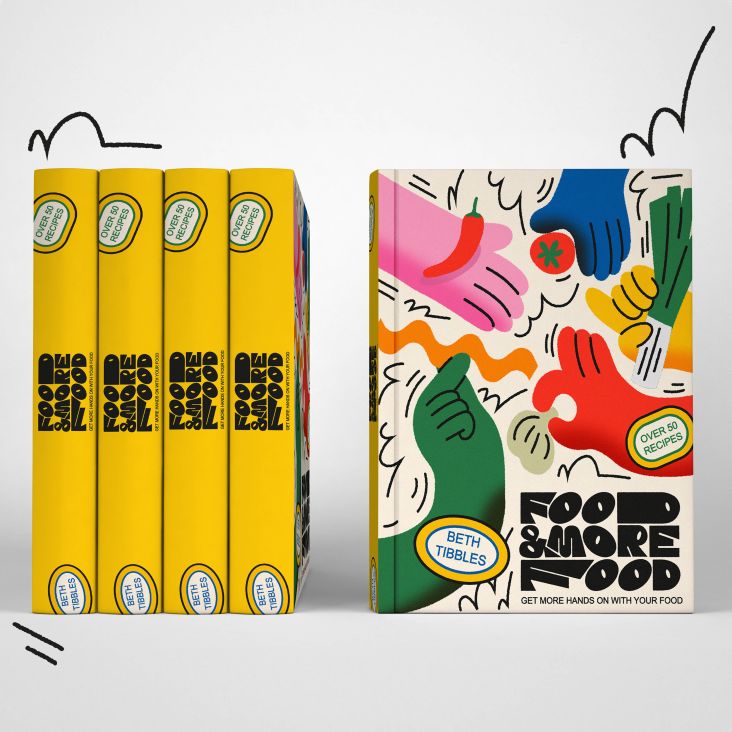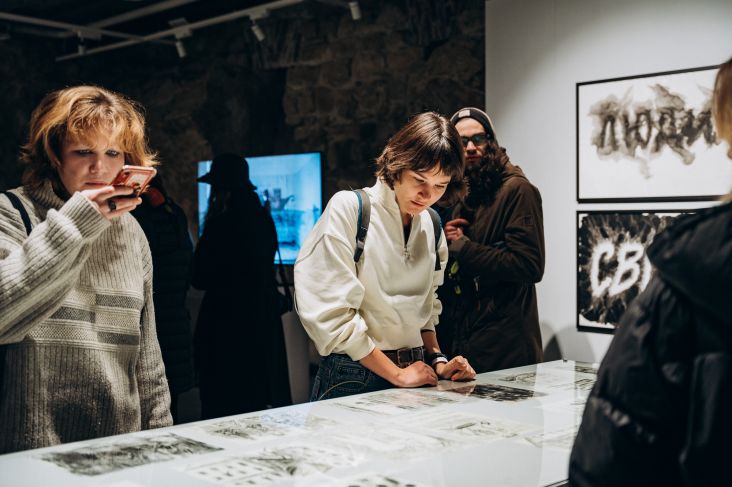7 new ways of working that promise to change the creative industry in 2024
Ed Silk and Fiona Florence of JDO discuss the changing nature of creative work and how we can all get ahead of the curve.
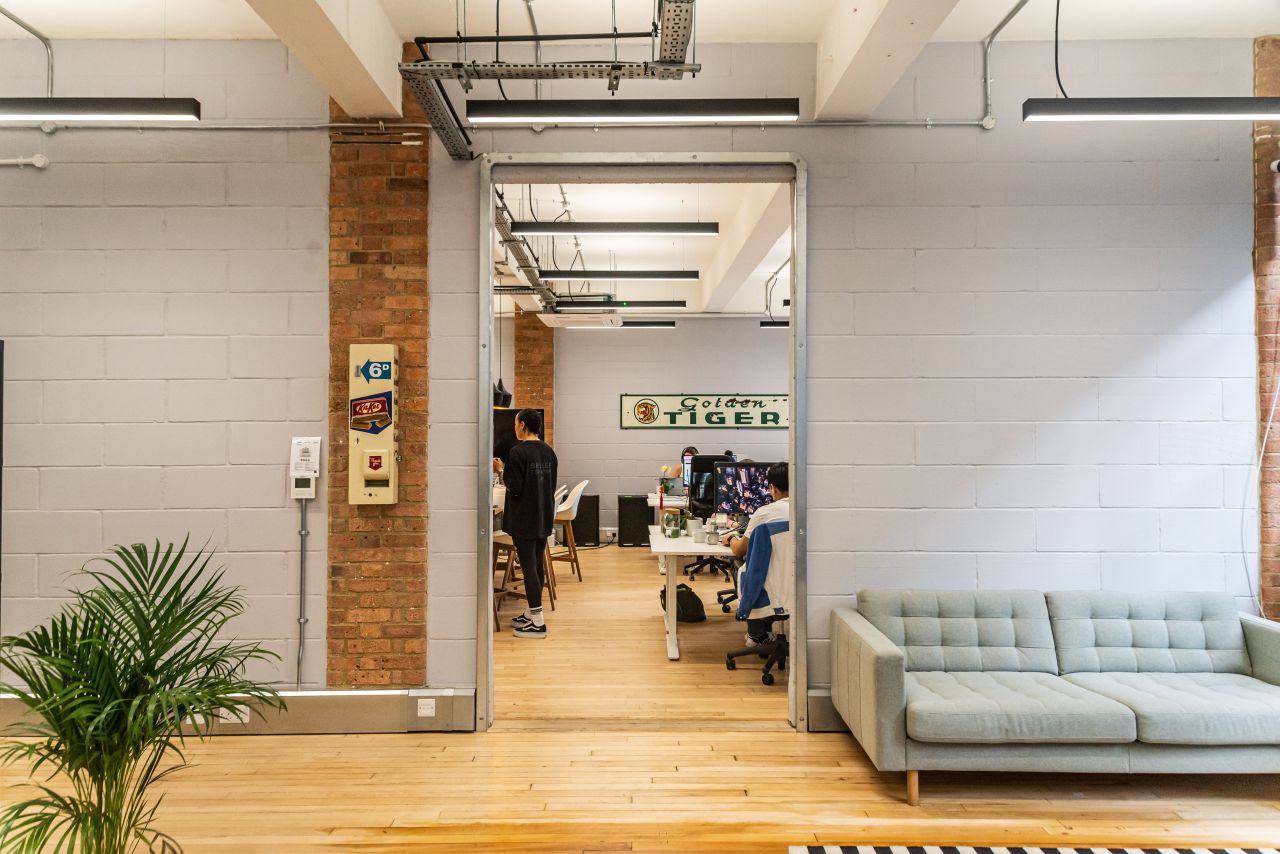
Inside JDO in London
We spend most of our waking lives working: the average person will spend 90,000 hours at work over a lifetime. So, a job change can be one of the most disruptive and stressful experiences of our lives, even when it's a positive move.
In the next few years, though, we'll likely experience something even more disruptive. The very nature of creative work is likely to change in a number of important ways.
The rise of AI, the shift towards remote work following the pandemic, and the increasing drive towards sustainability in the creative industries will profoundly change everything. So, we must prepare ourselves for this upcoming upheaval, both practically and psychologically.
To help you get ahead of the curve, we sat down with two senior members of award-winning brand design and innovation agency JDO to find out what's in store. In our discussion, Ed Silk, global head of strategy, and Fiona Florence, global MD, reveal seven ways creative work will change in 2024.
1. We'll start treating AI as a crazy colleague
The integration of AI and digital technologies in creative industries can potentially be a game-changer. However, it's important to understand how these technologies can simplify and amplify the creative process while preserving the human touch.
"By now, AI should be your creative partner," says Ed Silk. "Treat it like your crazy, wacky, mad colleague who always stimulates the conversation and asks, 'What if?' Use it shamelessly to experiment, play, explore and generate the weird as well as the wonderful. If you're not stimulated, provoked or scared, you're doing it wrong."
2. Getting out there will be more important than ever
AI can spark innovation, streamline the process and assist in quality assurance, freeing up creatives to find deeper wells of inspiration. But it shouldn't take over from our traditional sources of creative inspiration, warns Ed.
"With all the time we're saving using AI, it's time to get out from behind a screen and see the world," he stresses. "No more relying on Pinterest and Google for your research – anyone with a Mac can do that. Seek new avenues of inspiration from architecture, art, music, theatre and beyond to spark your thinking and imagination. Go soak up culture first hand, drawing on your own experiences and observations to create something more distinct, fresh and ownable."
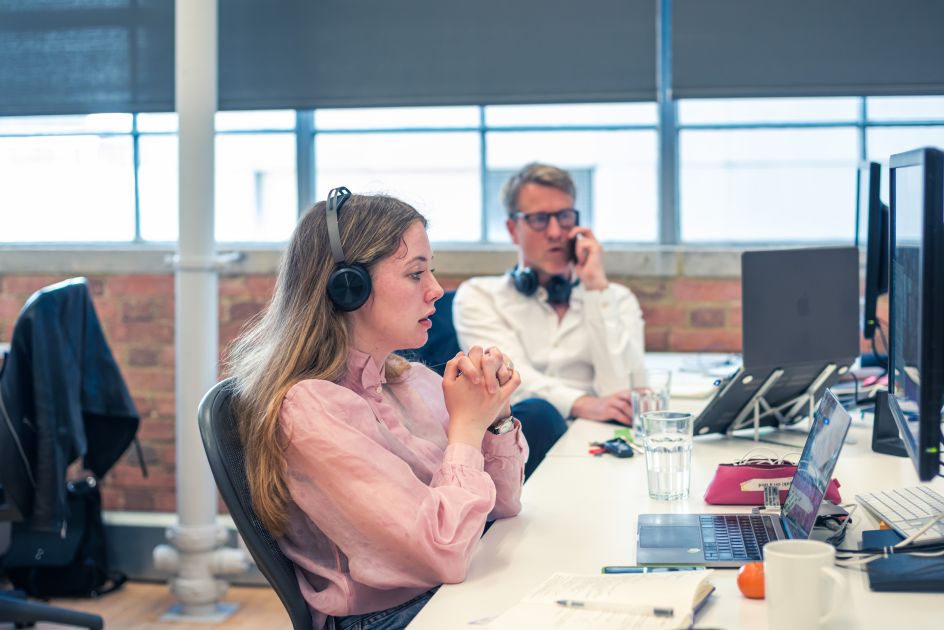
Inside JDO in London
3. We'll all need to embrace the school of perpetual learning
It feels like the pace of change has been a little mad in recent years, right? Well, cautions Ed, it's unlikely to slow down any time soon. In fact, it's more likely to speed up!
So, how should creatives respond? "It's a matter of survival of the most adaptive," he responds. "Learn, evolve, or be eclipsed. Tool up, skill up, school up; it's the only way forward. The risk is becoming obsolete, so choose to hone your craft daily. Embrace the school of perpetual learning or watch opportunity pass you by."
4. Creatives will need to wake up our unconscious biases
Whether we like to admit it or not, we have a tendency to design for ourselves, approaching challenges from a subjective rather than objective place. So, Ed believes we need to widen the aperture to consider other perspectives and lived experiences.
"As much as we need to be mindful of AI's built-in biases, we need to check our own biases," he says. "As design will increasingly need to be more inclusive and mindful of diversity, it is important to cultivate a deeper sense of empathy."
5. The industry will find a new balance between studio and home
While remote work (WFH) is here to stay, there is a growing desire among employees, particularly in the creative industries, to return to the studio or office. And that's not surprising. After all, the studio environment fosters collaboration and creativity that can be challenging to replicate in a digital network. This means, Fiona Florence believes, the physical workspace remains a crucial aspect of creative work.
"Magic happens when creative minds collide in person, be it in the war room or any collaborative space," she explains. "The spontaneous buzz, the brainstorms, the free-flowing exchange – that's where ideas spark to life and team bonds tighten.
"But let's not forget the importance of flexibility," she adds. "Offering choices like remote work and flexible hours isn't just a perk; it's the secret ingredient for a happy, balanced work life. The goal is to balance in-person synergy with flexibility, to attract and balance the best talent in the game."
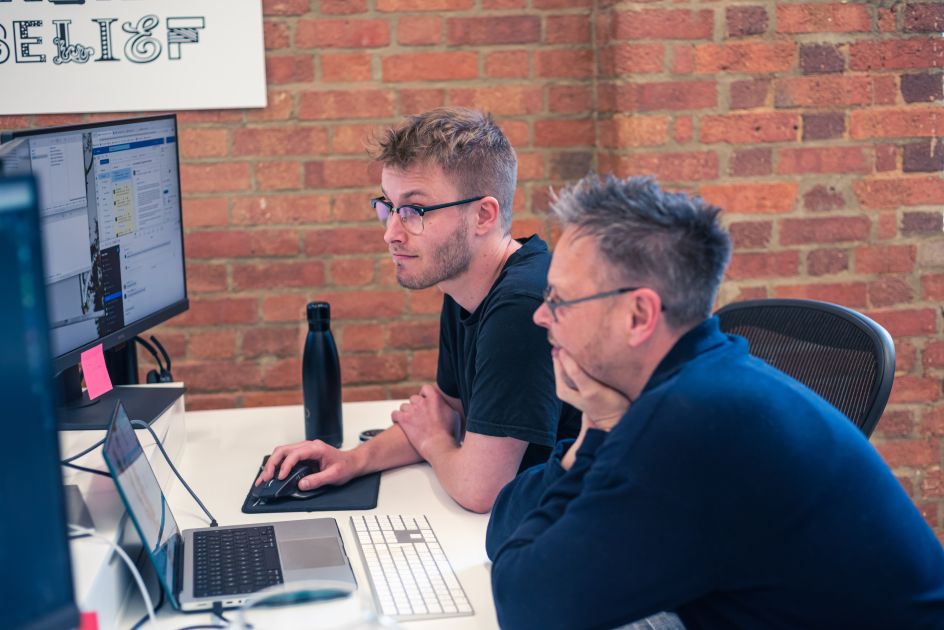
Inside JDO in London
6. Agencies will give employees a reason to come back
Employers may want their staff to return to the studio, but no one wants them to come dragging their tails. And so, agencies should strive to create studio spaces that make the commute worthwhile. These areas should be crafted to nurture a feeling of community and culture, believes Fiona, to provide a warm, relaxed, and supportive environment that offers a genuine alternative to working from home.
"Beyond aesthetics, it's a shift in what the purpose of a studio is," she says. "It shouldn't be a place to do mundane tasks. It should be a dynamic hub for creative collaboration, social interaction, team bonding, and personal growth.
"This is where employees unite to connect, innovate, and thrive… or just find out the best Netflix series of the moment and what everyone got up to at the weekend. Let's face it, seeing people in real life gives everyone that super-essential personal touch and a true sense of belonging."
7. Design will help change the world
We all want to change the world, right? Well, the good news is that as designers, we can certainly play an important part. Fiona offers some examples of what that might look like in practice.
"Beyond creativity, I am seeking partnerships with clients firmly committed to sustainable, socially responsible, and environmentally conscious practices," she says. "I want to leverage our brand design and product design skills at JDO to do something truly game-changing. Creative agencies must be ethical champions, showcasing dedication to a higher purpose beyond the bottom line and proving they operate as a force for good in the world without compromising on showing-stopping creativity."

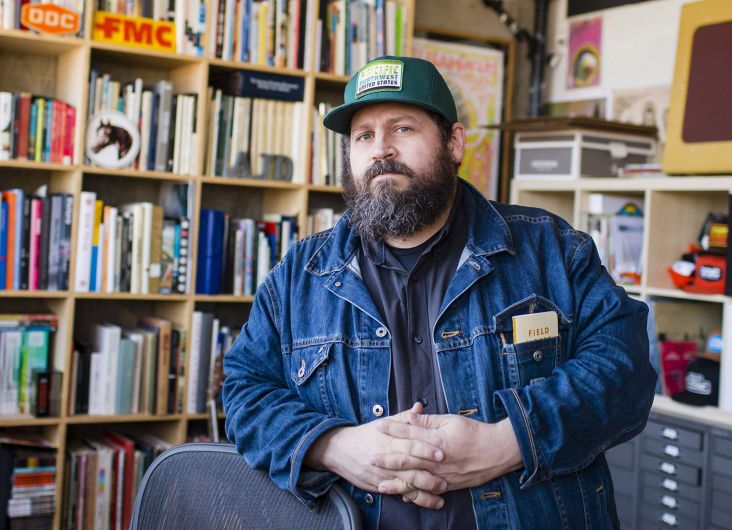


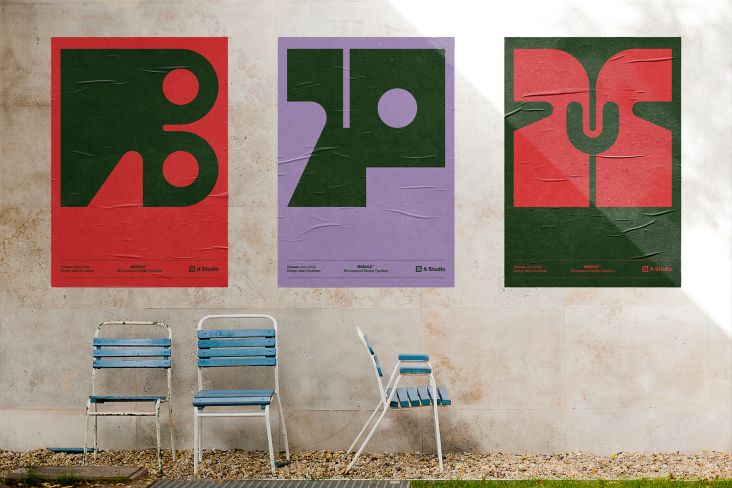
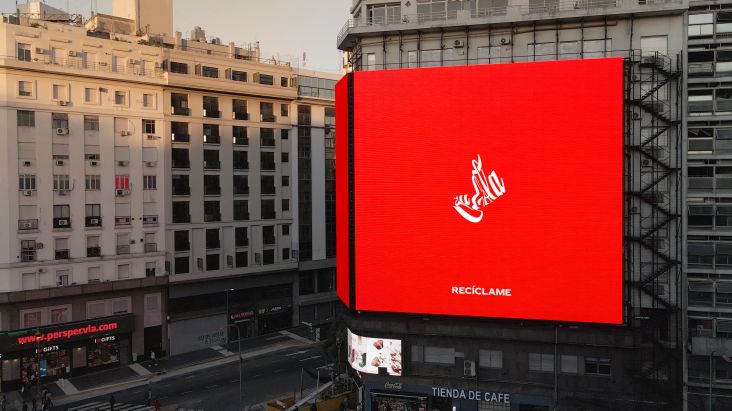
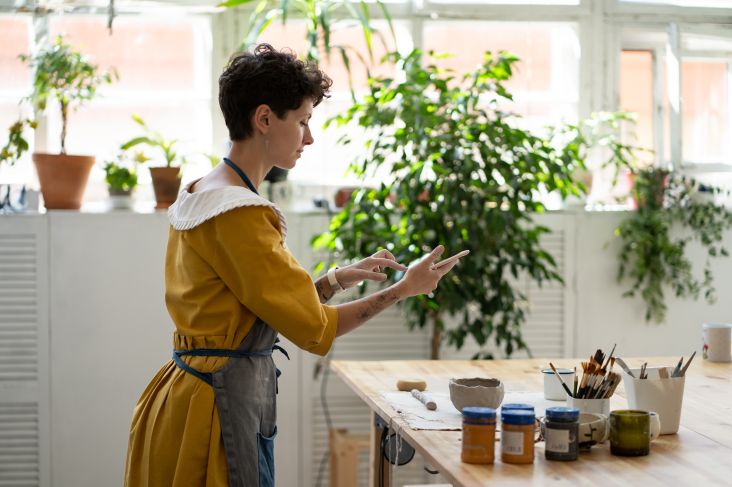
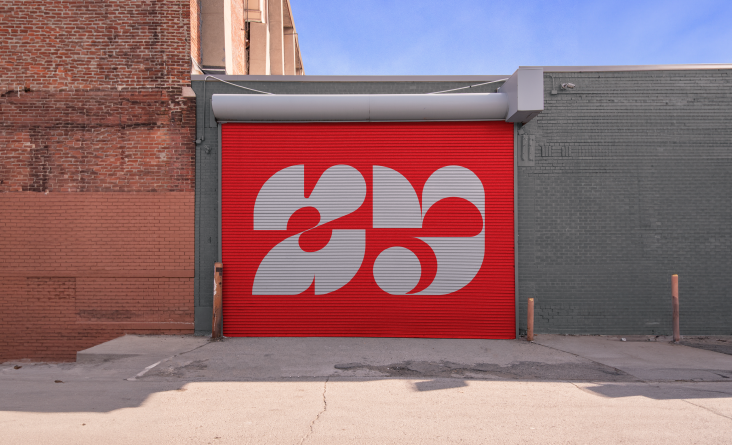
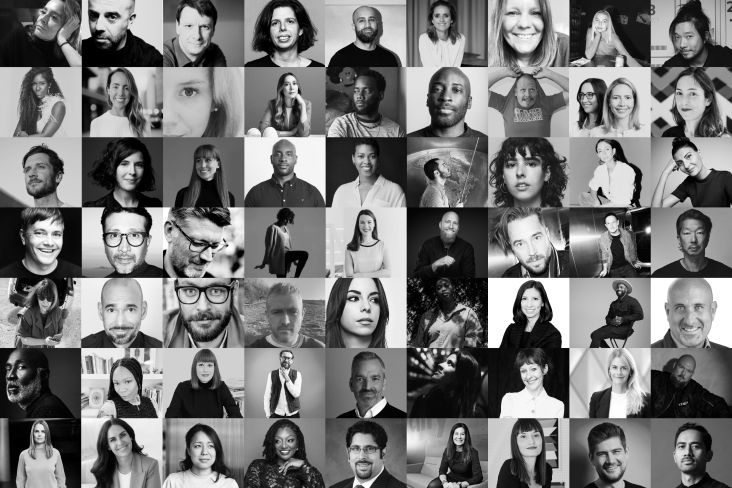
](https://www.creativeboom.com/upload/articles/86/862919952c0ad18439004228895a431dc6e45ffc_732.jpg)
